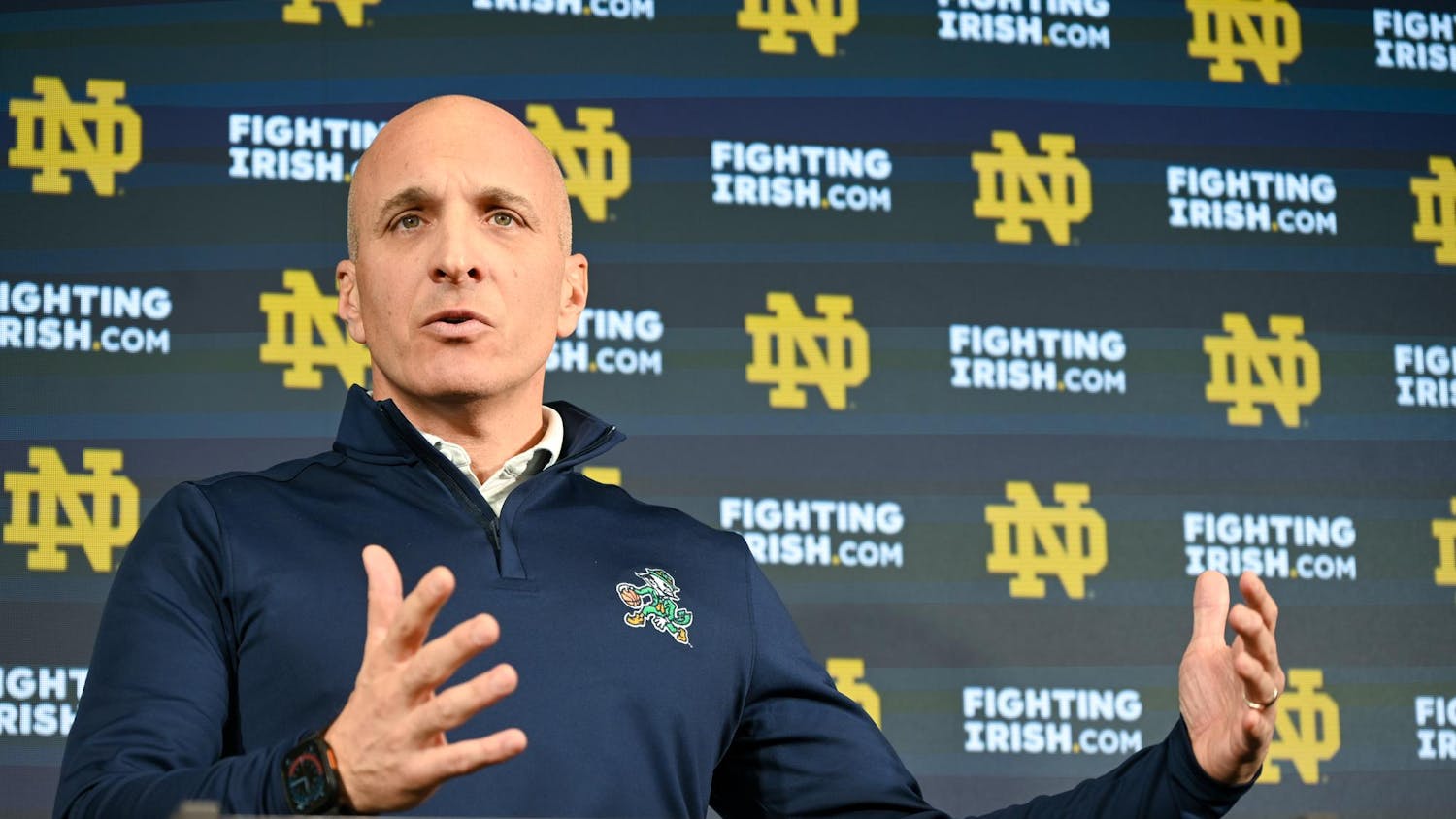Women’s figure skating at the Winter Olympics was a little more eventful than usual this year.
Despite Russia’s two-year ban from competing in the Olympics due to state-sponsored doping, clean Russian athletes competed as the “Russian Olympic Committee” (ROC) and secured 32 medals in the 2022 Beijing Olympics. Six of these medals came from figure skating, where controversy brewed.
Kamila Valieva, a 15-year old Russian skater, seemed to be the favorite to win at the Olympics this year, and gave an impressive performance in the individual women’s short program, successfully executing multiple quad jumps in women’s competition — a feat never before done in Olympic women’s competition.
But shortly after her much-lauded short program performance, the International Olympic Committee (IOC) and Russia Anti-Doping Agency (RUSADA) announced that Valieva had tested positive for banned heart medications used to increase stamina and endurance in athletes. Valieva was suspended from competing in the rest of the games and the medal ceremony for the team figure skating competition was pushed back until the IOC decided what to do with Valieva’s positive doping result.
But, the next day, Valieva’s suspension was lifted and she was allowed to compete in the individual competition, with restrictions on medal ceremonies if she were to win. Despite a clear case of doping, Valieva is considered a “protected person,” due to her age, which essentially argues that individuals under the age of 16 are too young to be held fully responsible for their actions.
But if she’s too young to be held responsible for the substances she’s consuming, why is she considered old enough to compete on the biggest stage in her sport?
The minimum age for Olympic competition is set by the International Federations of each sport, with the minimum age for figure skating being set at 15 years old by the International Skating Union (ISU). With the age of full responsibility for doping and the age for competing being set by different governing bodies, young athletes fall in a gray area where they compete against adults, but don’t have the same level of personal responsibility as these adults.
So, if Valieva isn’t responsible, who’s responsible for the positive test result then?
Valieva’s coach, Eteri Tutberidze, is a world-renowned figure skating coach who has coached multiple Russian skaters to gold medals on an international stage. But she’s also a controversial figure who pushes her skaters to their limits, often leading to burnout in many of her students.
In the women’s individual free skate, two of Tutberidze’s other students, Anna Shcherbakova and Alexandra Trusova, won gold and silver, respectively, but neither had the joyous reaction one might expect from an Olympic champion. In an interview, Shcherbakova said that she felt “an emptiness inside,” and Trusova was visibly upset after winning silver, loudly declaring that she would never go on the ice again.
Valieva placed 4th in the individual program after falling multiple times during her performance. After coming off the ice, Tutberidze didn’t comfort Valieva or try to affirm her effort. Rather, Tutberidze was heard reprimanding the girl, saying “Why did you stop fighting?”
Tutberidze has repeatedly created teenage champion figure skaters who soar to great heights in their early years, only to injure themselves or burn out of the sport before the next Olympics can come around. The reactions from all three of these girls give us a look into the mindset Tutberidze has encouraged in her athletes — a dangerously competitive mindset that prioritizes competitiveness over wellbeing. By allowing athletes as young as 15 to compete at the Olympics, the ISU essentially moves up the age at which figure skaters must be at their most competitive, putting their physical and mental health at risk for the sake of winning.
The minimum age for Olympic figure skating must be raised.
The ISU is set to hold its first Council meeting since the Valieva controversy, and will reportedly create a proposal to raise the minimum age of competition from 15 to 17. The proposal will undergo a vote in June at the ISU's Congress and will require a two-thirds majority in order for the motion to pass.
The events of the Beijing 2022 competition have shown the world that, at the very least, teenagers who aren’t able to fully comprehend the scope of their actions should not be allowed to be competing at the Olympic level, for their own sake.
Young skaters like Valieva, Trusova and Shcherbakova have dedicated their lives to figure skating. The ISU should protect these athletes from potentially coercive and dangerous situations. These young girls could be the future of figure skating if they’re nurtured and coached in a safe and healthy way. Instead, they seem to be on a fast path to burnout before the 2026 Milano Games come around.
The ISU needs to prioritize the mental and physical health of their athletes over the competitiveness in the sport if they want to see a future for figure skating that offers any sort of longevity and stability for the athletes they claim to prize so dearly.
Read More
Trending








